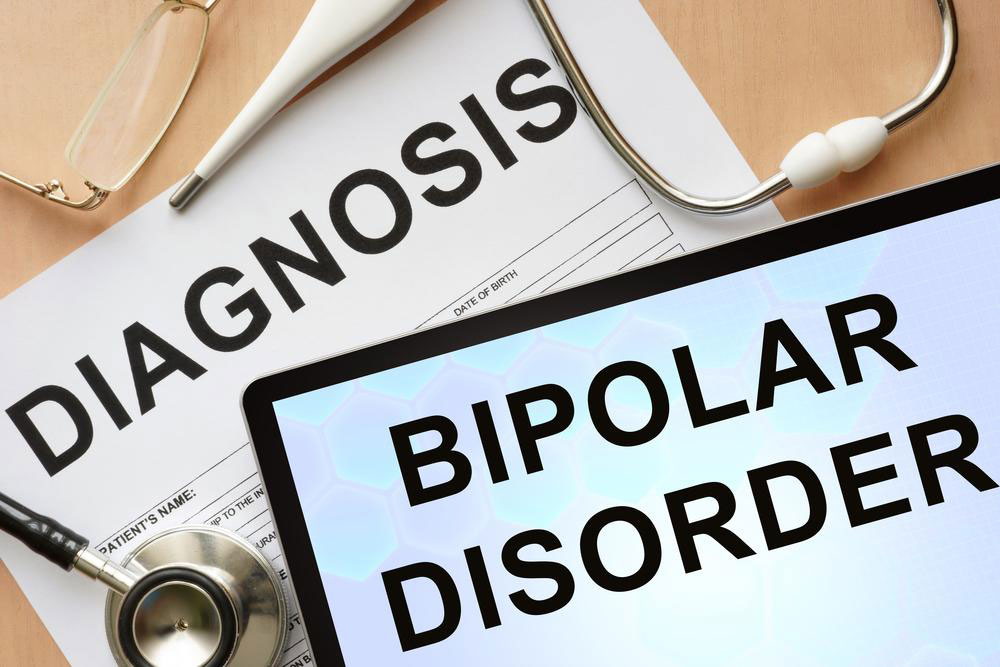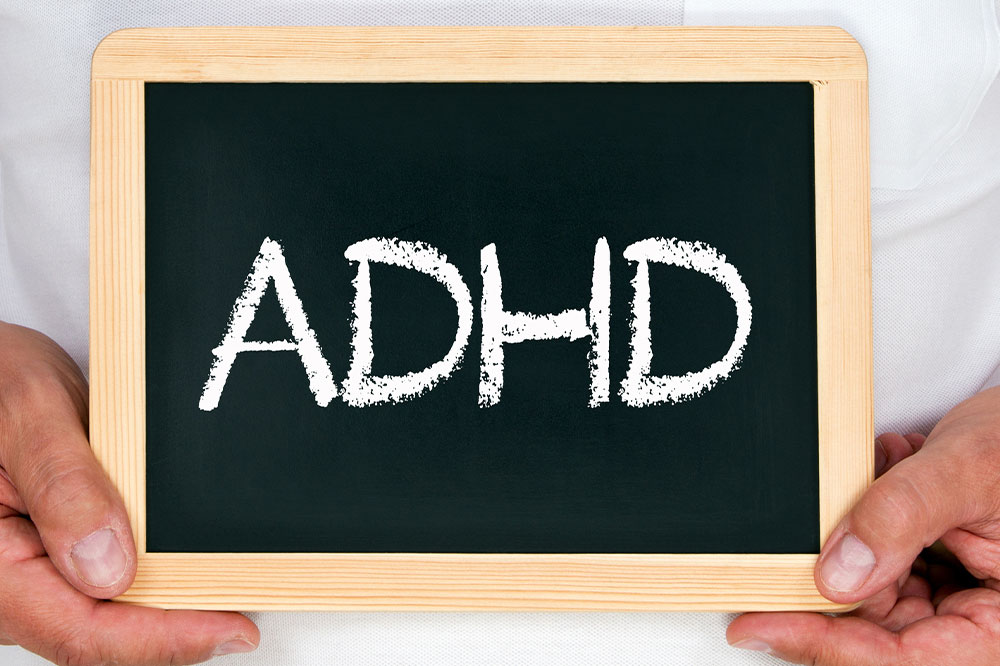Comprehensive Strategies for Effective Bipolar Disorder Management
This comprehensive article explores effective strategies for managing bipolar disorder, emphasizing accurate diagnosis, medication protocols, and personalized therapy approaches. It offers insights into safe medication management, inpatient and outpatient care options, and the importance of lifestyle adjustments. Whether you or a loved one are navigating bipolar disorder, this guide provides essential information to help maintain stability and improve quality of life through scientifically backed practices.

Effective Approaches for Managing Bipolar Disorder
Recognizing the signs of bipolar disorder, such as dramatic mood swings and significant behavioral changes, is the first step toward appropriate treatment. If you or a loved one observe episodes of extreme highs (mania or hypomania) or lows (depression), it is essential to seek professional medical advice promptly. An accurate diagnosis involves a comprehensive evaluation by healthcare professionals, including laboratory tests to exclude other medical conditions that may mimic bipolar symptoms. These tests help rule out causes such as thyroid disorders, neurological issues, or substance abuse.
In addition to lab work, a detailed clinical history and physical examination provide critical insights into the patient's mental health status. Factors such as recent stressors, substance use, medication history, and family history of mood disorders are all important considerations. Understanding these aspects assists clinicians in differentiating bipolar disorder from other psychiatric or medical issues, ensuring appropriate initial management.
Once other medical or psychological causes are ruled out, a referral to a psychiatrist or mental health specialist is typically recommended for further assessment. The psychiatrist will conduct a thorough diagnostic evaluation, often utilizing the DSM-5 criteria, to confirm bipolar disorder. They will specifically look for patterns of mood episodes—periods of elevated mood (mania or hypomania) and depressive states—and assess for related symptoms such as grandiosity, decreased need for sleep, talkativeness, or suicidal thoughts. During this assessment, safety is paramount; clinicians will evaluate the risk of self-harm or harm to others, especially in cases of psychosis or severe mood instability.
Accurate diagnosis is crucial for developing an effective treatment plan. For Bipolar I Disorder, which involves episodes of full-blown mania often alternating with depressive periods, ongoing monitoring is essential. The mental health team must observe for symptoms such as elevated mood, excessive energy, decreased need for sleep, impulsive behaviors, or psychotic features. Recognizing the potential for suicidal or homicidal thoughts during severe episodes is vital for safety. Managing bipolar disorder is complex, requiring a personalized approach tailored to each individual's clinical presentation.
Once diagnosed, managing bipolar disorder involves a combination of medication and psychotherapy. The goal is to stabilize mood fluctuations, reduce the frequency and severity of episodes, and improve overall quality of life. Pharmacological treatment typically includes mood stabilizers, antipsychotics, antidepressants, and sometimes anti-anxiety medications. The specific combination and dosage depend on the patient's symptoms, history, and response to treatment.
Psychotropic medications are fundamental in bipolar disorder management, focusing mainly on mood stabilization. Lithium remains one of the most effective mood stabilizers; however, other options such as Valproic Acid (Depakote), Carbamazepine, and Lamotrigine are also commonly used. These medications are designed to control both manic and depressive episodes, helping patients maintain a more balanced mood state.
Antipsychotic medications, including Olanzapine, Risperidone, Quetiapine (Seroquel), Aripiprazole (Abilify), Geodon, Latuda, and Saphris, are often prescribed when psychotic features are present or when mood episodes are severe. These drugs help manage acute manic episodes and can be part of maintenance therapy to prevent relapse.
Addressing depression within bipolar disorder is frequently challenging. Selective Serotonin Reuptake Inhibitors (SSRIs), Serotonin-Norepinephrine Reuptake Inhibitors (SNRIs), or monoamine oxidase inhibitors (MAOIs) are prescribed cautiously because antidepressants alone may trigger manic episodes. To prevent this, they are usually combined with mood stabilizers, ensuring mood episodes do not escalate. Benzodiazepines may be used temporarily to manage underlying anxiety or agitation but require careful monitoring due to potential dependency risks.
Effective medication management requires frequent adjustments, particularly during the treatment initiation phase. Patients with severe symptoms demand close supervision, with evaluations generally scheduled every 2-5 days for outpatients during acute episodes. In inpatient settings, continuous monitoring ensures safety and treatment efficacy. The guidelines from VA/DoD recommend initial assessments every 1-2 weeks during the first six weeks of treatment, facilitating timely medication adjustments and addressing side effects.
Decisions regarding inpatient or outpatient treatment depend on the severity of symptoms, risk factors such as suicidal ideation or homicidal thoughts, and the presence of psychosis. In cases of high risk, hospitalization may be necessary to ensure safety and provide intensive care. Tailoring the treatment plan to the individual’s needs, with a focus on safety, medication adherence, and psychological support, forms the foundation of effective bipolar disorder management.





